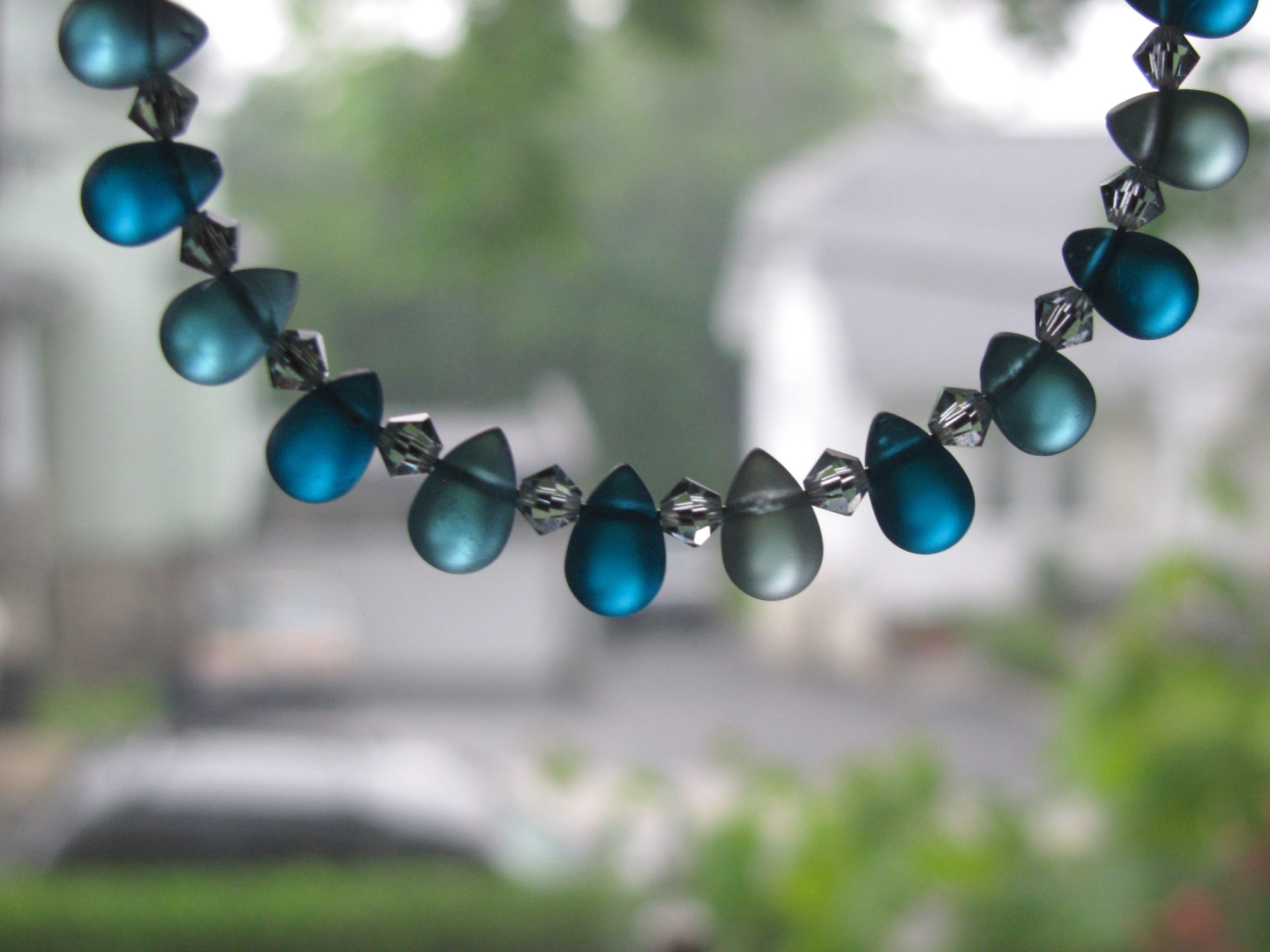What does it feel like when you are in fourth grade
and your mom gets cancer?
It feels like that day I brought my Snoopy
lunchbox to school, the yellow plastic one
that snapped closed with a click,
got left on the playground, forgotten.
The next morning that playground was covered
with shards of yellow plastic.
What else can you do but bring your lunch in brown paper bags
for the rest of the year
for the rest of every school year to come
and pretend you like it that way.
—Megan Willome, reprinted from her series My Mother’s Diary
